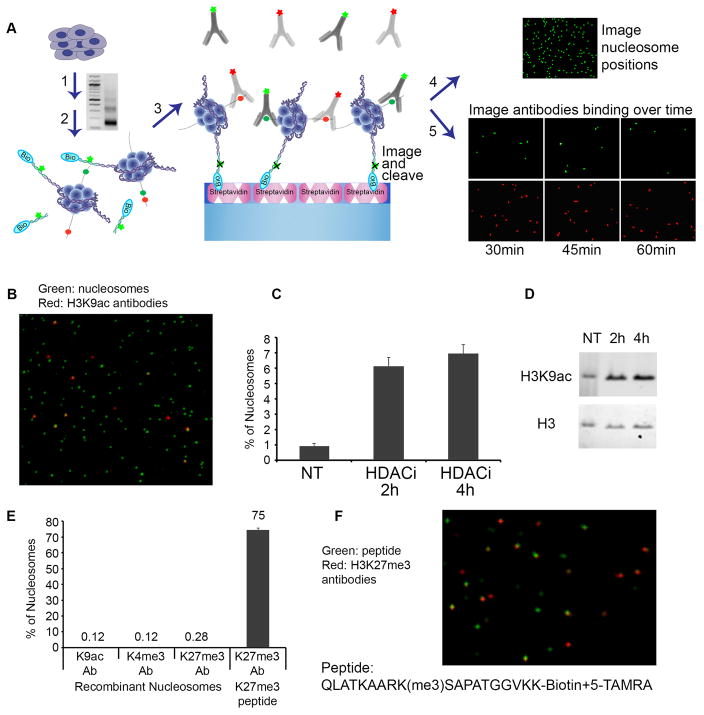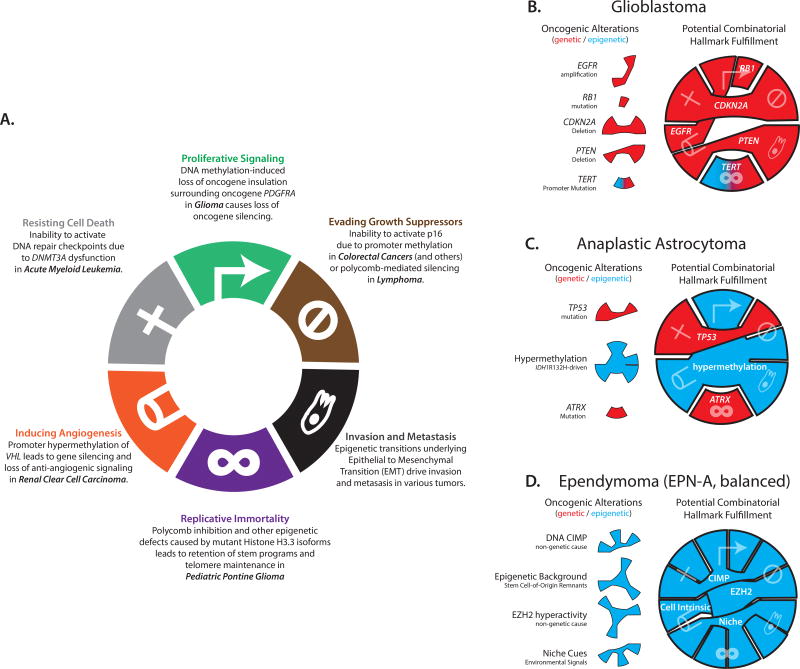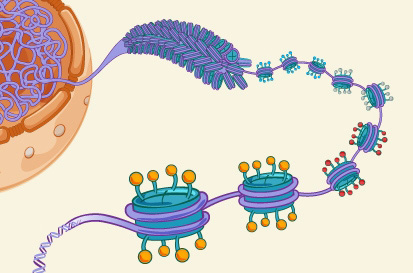Our Vision: The Bernstein lab pursues a systems-level, molecular understanding of chromatin structure and the epigenetic regulation of cellular state, and how these control systems go awry in diseases like cancer.
Our Approach: We develop technologies to profile and perturb the epigenome. We work closely with clinicians to apply these technologies to cancer cell models and primary tumors. We also pursue large scale profiling efforts in our dedicated facility at the Broad Institute.
We develop cutting edge technologies – many of which utilize sequencing-based technology – to both map and perturb chromatin state, with a focus on single cells, single molecules, and large scale perturbations with small molecules and CRISPR screens. Our current projects focus on: High throughput low input and single cell transcriptomic and epigenomic mapping Single … Continued
Genes encoding chromatin regulators are frequently mutated in human cancer. In specific cases, these alterations appear to be major drivers of the malignant state. In addition, although cancer is typically thought of as a genetic disease, the importance of epigenetic aberrations and epigenetic deregulation is becoming increasingly clear through a convergence of findings, in addition … Continued
The group investigates mechanisms by which chromatin, transcription factors (TFs) and interacting regulatory sequences control gene activity, poising and repression.
Chromatin regulators, such as the Polycomb and trithorax complexes, play critical roles in controlling the expression and potential of genes during development. We identified a novel chromatin structure, termed bivalent domains, that is subject to simultaneous regulation by Polycomb repressors and trithorax activators. Bivalent domains appear to keep developmental regulator genes poised in pluripotent embryonic … Continued




